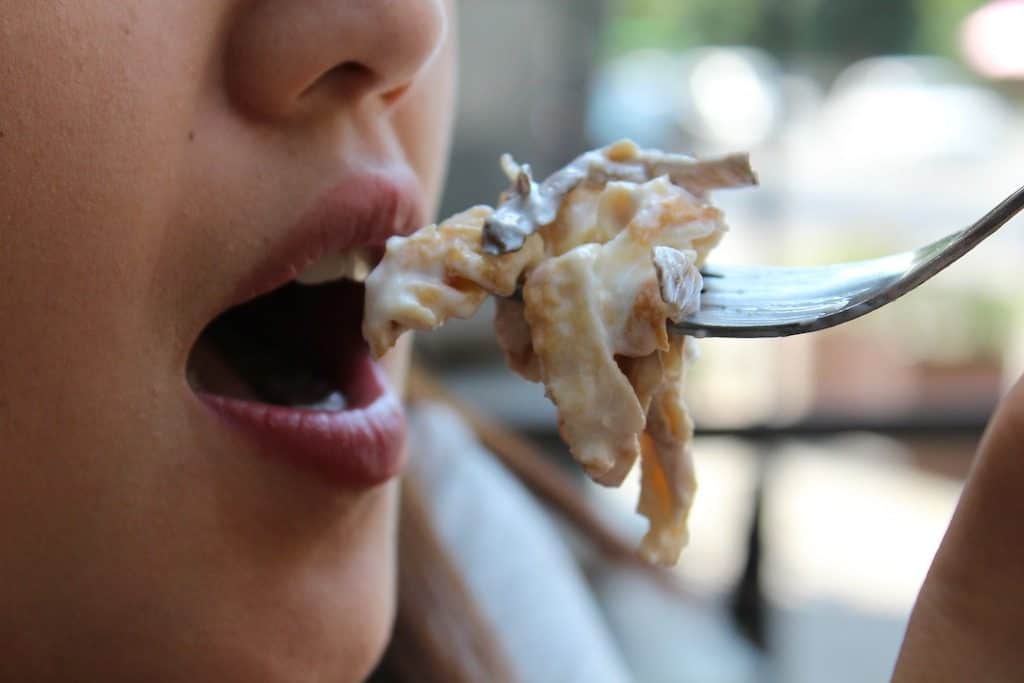
“What do we do when we eat?” This may sound like a simple question, but its simplicity belies the importance and value that we attach to eating. There are social and cultural biases, religious prohibitions, as well as ethical concerns around the food we consume. Therefore any discussions about food security would be incomplete without considering these aspects.
Consequently, a Centre of Excellence in Food Security (CoE) research programme on “Food ethics and Values” led by Professor Ernst Conradie, of the University of the Western Cape’s Department of Religion and Theology, investigates the oft-overlooked symbolic interactions of food production and consumption.
“Professor Julian May, Director of the CoE raised the concern that a focus on only the scientific and economic aspects of food security might produce solutions that overlook other important considerations from an ethical perspective” explains Professor Conradie.
Thus, Prof Conradie, a scholar of religion and theology, sought to explore an aspect of food research that food researchers and scientists may miss or take for granted. So far, the programme has funded two Master’s and two post-doctoral research projects.
Two of these projects focus on Muslim social welfare organisations and their use of zakat. Zakat is a type of religious tax on the current wealth of Muslims which is used in part to support the poor (not just Muslims), usually via a Muslim welfare organisation.
The first project looks at whether zakat and the organisations that distribute it are helping to provide food security for the poor that they are ostensibly helping, or merely providing food relief. The project questions the appropriate use of zakat if it is not contributing to sustainable food security.
The second project investigates the nutritional aspect of this welfare system. There are several Muslim laws governing the nutritional value of food provided by zakat; the research explores whether these laws are being followed, and whether the food given by these organisations is aligned with modern concepts of a nutritious diet.
The other two projects overseen by Prof Conradie are interested in Christian aspects of food security. One looks at cultural and religious symbolism associated with certain food types – usually negative or positive attitudes towards certain types of foods – as addressed in Roman Catholic welfare organisations in South Africa. This project has shown that these attitudes contribute to food insecurity in South Africa.

Discussions about food are also linked issues of ethics, values and religion
Conradie envisions that his research group can provide a forum for conversations about food security and contestation, and how discussions about food are also linked issues of ethics, values and religion. For example, a post-doctoral researcher is investigating how concepts of sin in Christian ethics relates to the debate around genetically modified organisms (GMOs). This work considers and contrasts the sins of pride (“Creating GMO’s is like playing God”) and sloth (“It is our responsibility to work to feed the hungry”) within the context of the ethics of GMO’s.
“These may sound like disparate topics, but they are linked by the quest to understand more deeply, what food and eating means to us as human beings. If the CoE is to become the centre of food security research in South Africa, it is important to interrogate these concepts,” says Conradie.
This research is funded by the Mellon Foundation
related Articles
Women at the centre of the food cycle – webinar on food...
A virtual dialogue looking at the important issues surrounding food security pre- and post-Covid-19, has revealed that women are at…
OPPORTUNITY: Postdoctoral Researcher – Critical Food Studies Programme, UWC
Applications are invited from South African PhD humanities graduates for the position of postdoctoral researcher in a Trans-Institutional Critical Food…
Humanities take centre stage at postgraduate conference on food studies
This is according to Professor Desiree Lewis, Principal Investigator of the Critical Food Studies: Transdisciplinary Humanities Approaches Programme, an intra-institutional…



